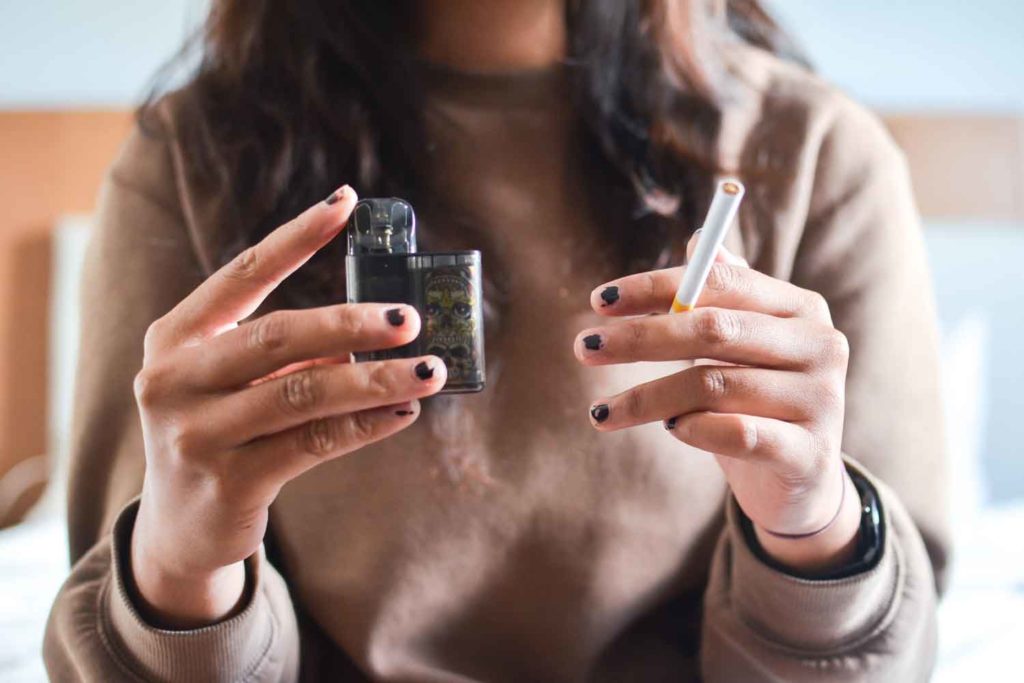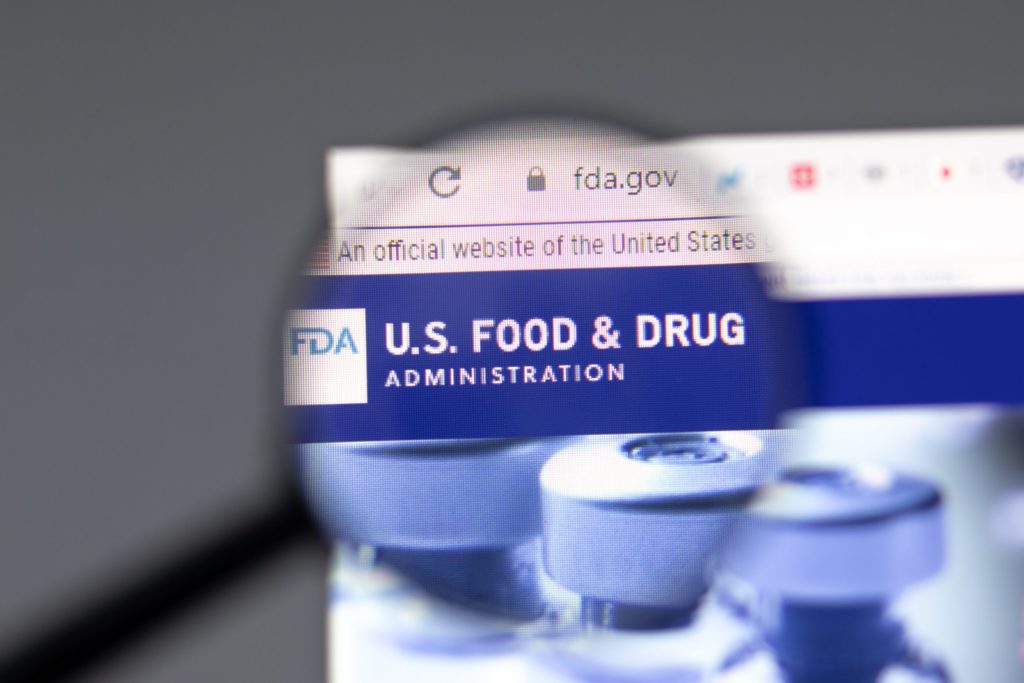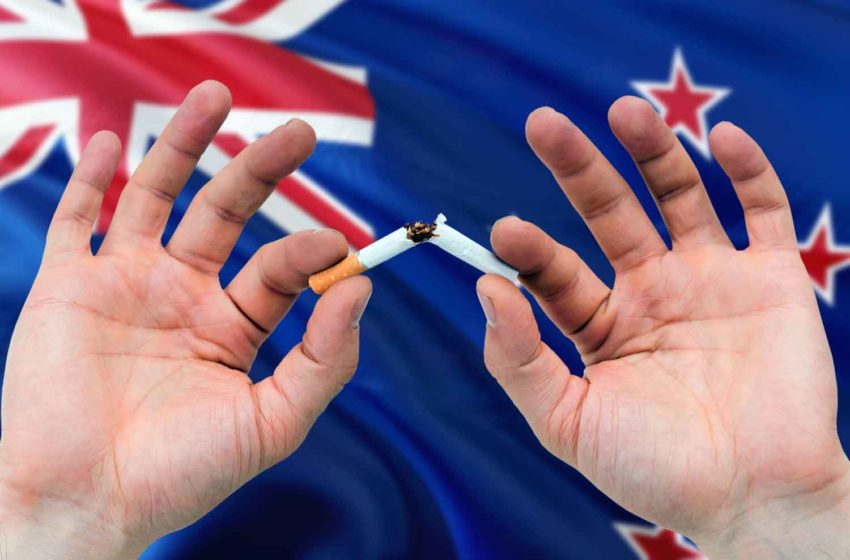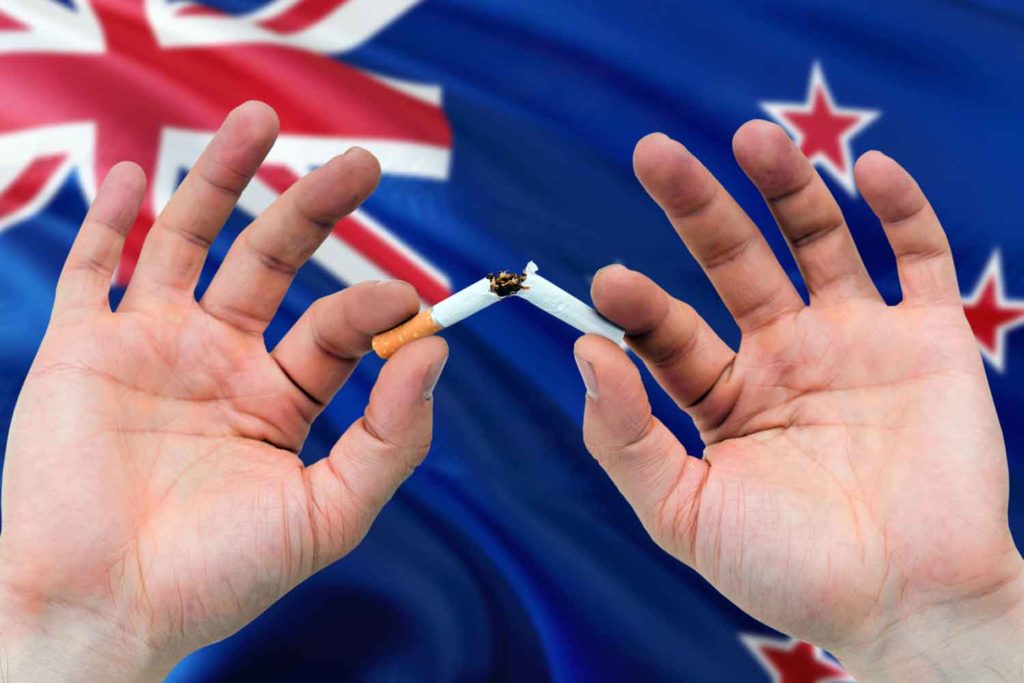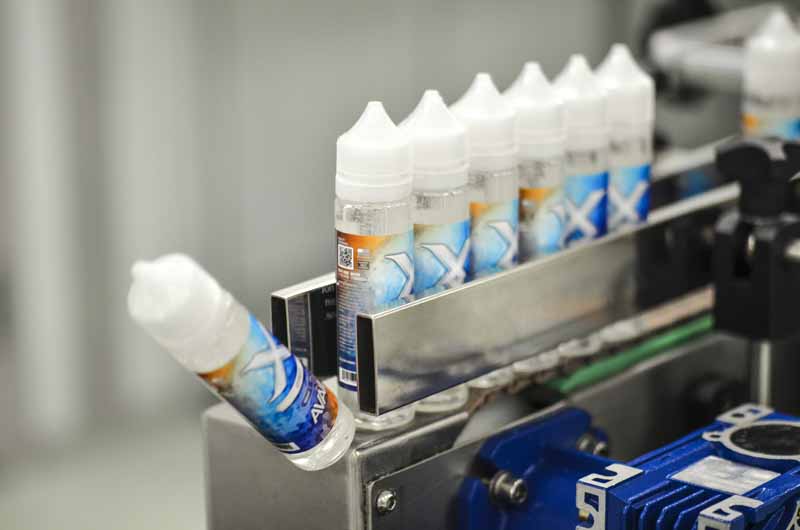
Leading cigarette makers are strengthening their sustainability credentials.
Philip Morris International, for example, recently announced new ambitions to “preserve nature” via biodiversity and water stewardship.
These ambitions include protecting nature by achieving no net loss on ecosystems connected to PMI’s value chain by 2033; contributing toward a net positive impact on nature by 2050; scaling solutions toward a positive impact on water resources, measured as volume of water optimized and restored, by 2033; and contributing toward a positive impact on water resources by 2050.
“As our new ambitions demonstrate, PMI understands that decarbonization, biodiversity protection, forestry management and water stewardship are deeply connected. We aspire to lead by example in the responsible and sustainable management of natural resources that can allow the promotion and protection of natural ecosystems,” said Jennifer Motles, chief sustainability officer, in a statement.
PMI’s strategies to “tackle climate change” and “preserve nature” have been recognized by CDP, a not-for-profit charity that runs a global disclosure system for investors, companies, cities and regions to manage their environmental impacts. On Dec. 13, 2022, PMI received the Triple A score for its efforts across climate, forests and water stewardship.
Imperial Brands, meanwhile, recently received a CDP Climate A score for a fourth successive year. The company has committed to reaching science-based net zero emissions by 2040 through a five-step approach outlined in its 2022 annual report. Earlier this year, the business was named as a Supplier Engagement Leader by CDP for a third successive year and as a Climate Leader by the Financial Times.
“There is no other path than for all companies, all governments and all of society to pull together and get behind the decarbonization commitments that have been made,” said Tony Dunnage, global ESG (environmental, social and governance) director at Imperial, in a statement. “Our A score reflects our commitment to reducing our impact on the climate throughout our value chain, and we know that we can make a meaningful contribution.”
Imperial was also rated A- by CDP for water security—an improvement on the B rating achieved a year earlier—and a C for its first response in a number of years to the forests survey.
Japan Tobacco, too, has strengthened its commitment to sustainability. The company has been included in the Dow Jones Sustainability Asia-Pacific Index (DJSI Asia-Pacific) for the ninth consecutive year.
The DJSI is a globally recognized ESG stock index and sustainability benchmark that tracks the stock performance of the world’s leading companies in terms of governance and economic, environmental and social dimensions, with constituents selected on the basis of the S&P Global Corporate Sustainability Assessment. The DJSI Asia-Pacific is an index of companies in the Asia-Pacific region, which is reviewed once a year and whose constituents are selected from approximately 600 major companies in the region.
“We are honored that this year, again, JT has been selected in the DJSI Asia-Pacific,” said JT Senior Vice President and Chief Sustainability Officer Hisato Imokawa in a statement. “We believe that our inclusion in the index for the ninth consecutive year is the recognition of our earnest efforts to address ESG issues across our value chain. We are committed to promoting transparent and accurate disclosure of nonfinancial information, which has been a vital part of our agenda in recent years, and we recognize
that this is an important initiative to promote stakeholder engagement and dialogue.”





